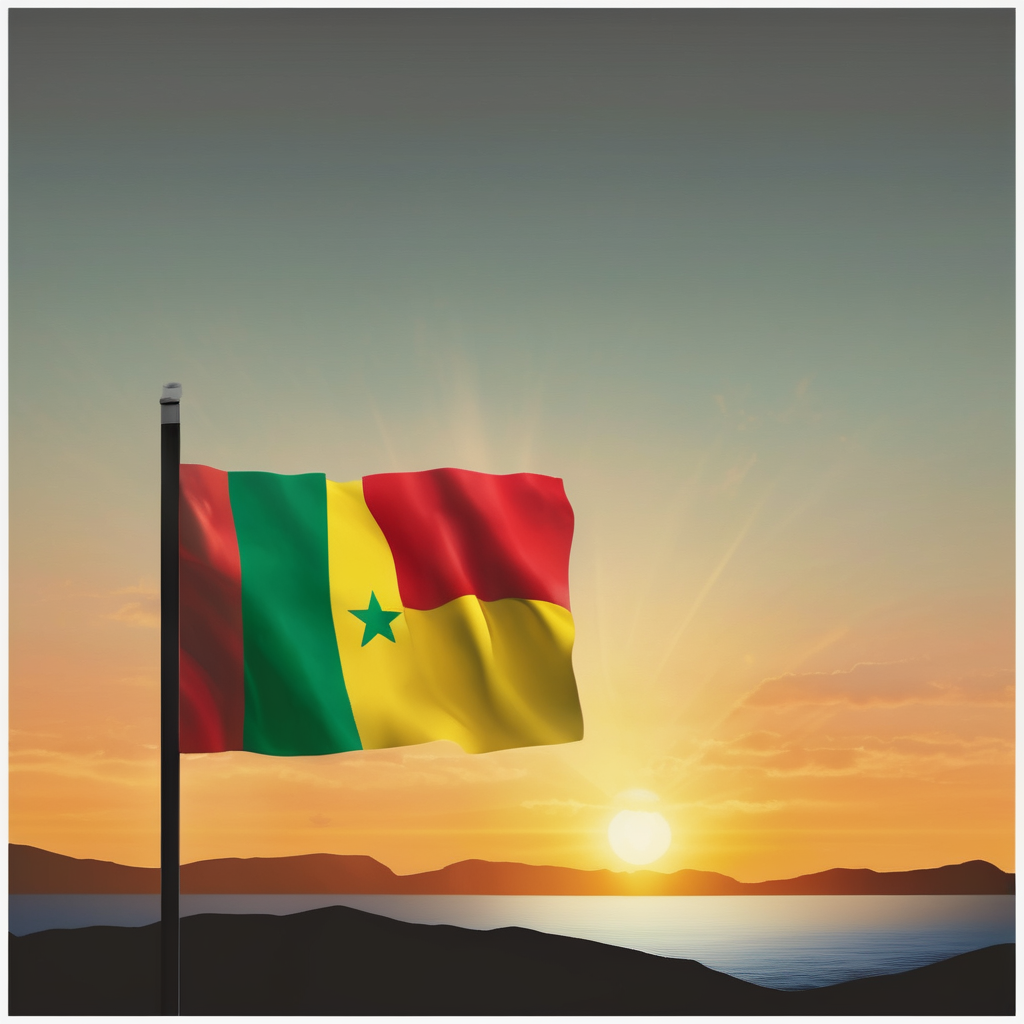Cameroon’s opposition candidate Issa Tchiroma has proclaimed himself the winner of the October 12 presidential election, challenging President Paul Biya to accept the results and “honour the truth of the ballot box.” Tchiroma, who has previously served as a government spokesperson and employment minister, made this declaration from his hometown of Garoua, stating, “Our victory is clear. It must be respected,” emphasizing that the people’s choice should stand unchallenged.
His announcement has ignited tension in a political landscape already fraught with division. The ruling Cameroon People’s Democratic Movement (CPDM), led by Biya, dismissed Tchiroma’s claims as a “grotesque hoax,” arguing that only the Constitutional Council has the authority to announce the election results. CPDM spokesperson Jacques Fame Ndongo condemned Tchiroma’s declaration, labeling it an “inadmissible act in a state governed by the rule of law.”
Biya, who is 92 years old and has held power for 43 years, is aiming for an eighth term, despite rising dissatisfaction among the population due to economic stagnation and security concerns. Political analysts had suggested that Biya’s extensive control over state institutions and the fractured state of the opposition would favor his re-election, yet Tchiroma’s campaign garnered considerable support from a coalition of opposition parties and civic groups.
Tchiroma lauded voters for their courage, highlighting their commitment to protect their ballots despite intimidation. He expressed gratitude towards fellow candidates who extended their congratulations, framing his victory as one that transcends individual ambition: “This victory is not that of one man, nor of one party. It is the victory of a people,” he stated.
As the political climate thickens, Tchiroma issued a stark warning regarding the implications of the regime’s response. He urged leaders to show “greatness” by accepting the election results or risk plunging the nation into turmoil. Tchiroma is expected to release a detailed breakdown of the vote tallies from the polling stations, as per electoral law, which allows provisional results to be published but requires final validation from the Constitutional Council by October 26.
Minister of Territorial Administration Paul Atanga Nji firmly cautioned that any unilateral declaration of results would be treated as “high treason,” underscoring the seriousness of the situation. With over 8 million registered voters nationwide, the aftermath of this election could significantly impact Cameroon’s political future.
As Tchiroma remains steadfast in his claims, the coming days are poised to reveal whether Biya and his government will engage in dialogue or choose a path of confrontation. The people’s resolve, displayed during the election, could become a catalyst for change in a country long dominated by one-party rule.
